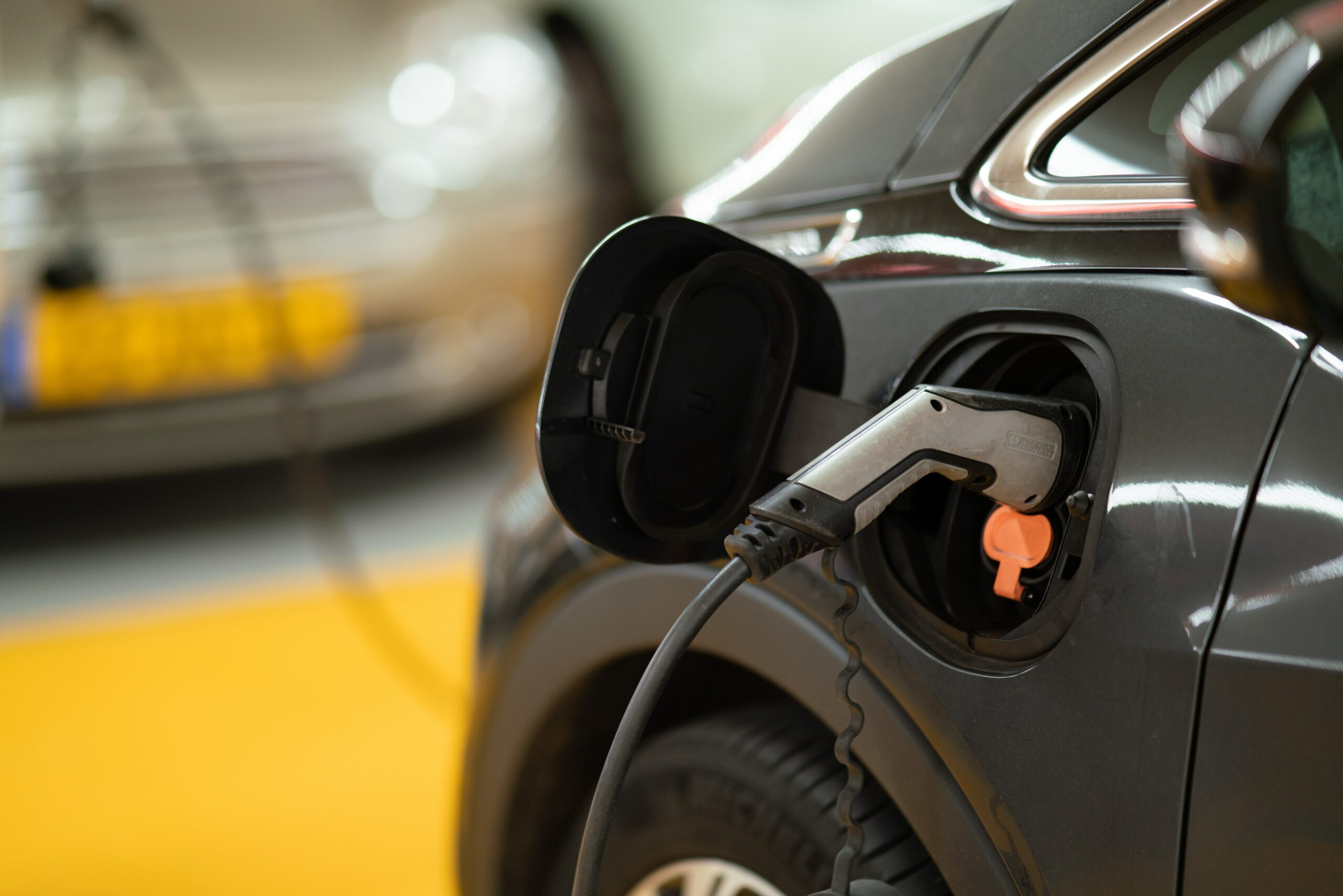California regulators have given the green light to a new rule that would prohibit the sale of fossil-fueled medium and large-sized trucks in the state. The rule would also mandate that fleets of trucks, such as garbage trucks, delivery trucks, and buses, become carbon-neutral or electric.
>>>READ: All of the Above on Energy Requires the Critical Minerals Below
Government-mandated shifts in energy technologies hurt consumers for negligible environmental benefits. In California, the forced adoption of EVs could strain the state’s already vulnerable power grid, which has questionable capability to service tens of millions of more electric-powered vehicles. The state currently expects 12.5 million electric vehicles by 2035. The expectation that California’s electric grid can handle this many electric vehicles is based on an assumption the state will be able to build wind and solar grids five times faster than it has in the past decade.
In addition to straining the grid, a forced shift to electric trucks faces a significant supply challenge. Electric car batteries rely on rare earth minerals, the supply of which is currently dominated by China, a trend that is expected to continue into the future. Importantly, the U.S. is falling woefully behind global competitors in establishing a secure supply chain for these materials. Under the current permitting and review process, it can take as long as ten years for a mine to receive the necessary licenses to begin operations. Recently the Biden administration agreed to fast-track a critical mineral mine in Arizona. While this is encouraging, actions like this are unfortunately the exception, not the norm. Failing to develop a more robust domestic supply chain of these materials will make it unlikely to reach ambitious electric vehicle goals such as California’s.
>>>READ: Biden Administration Fast-Tracks Critical Minerals Project
Trucking associations have slammed the upcoming rule and are pushing back.
“Today, an unelected Board in California voted to force trucking companies to buy zero-emission trucks. Fleets are just beginning to understand what it takes to successfully operate these trucks, but what they have learned so far is they are significantly more expensive, charging and refueling infrastructure is nonexistent, and ZEVs are not necessarily a one-for-one replacement — meaning more trucks will be needed on California roads to move the same amount of freight,” American Trucking Associations President and CEO Chris Spear said.
Conceivably, a fully electrified trucking fleet could result in higher costs for consumer goods, as electric semi-trucks cannot travel as far as their traditional gas-powered counterparts. For instance, a Tesla Sema can go 500 miles on a single charge while a diesel truck can travel 2,000 miles on a tank full of gas. This range discrepancy would likely lead to fewer goods being available which would mean that supply would not be able to keep up with demand. Without a more robust and expansive national charging network, forcing all fleets to become fully electric is an unrealistic goal.
Furthermore, the existing charging network is insufficient to facilitate universal electric vehicle adoption. For instance, as of 2021, California has 73,000 electric charging stations. The state will need 1.2 million by 2030 to meet the demand for the 7.5 million electric vehicles predicted to be on the road by then. There’s also a growing sense that the U.S.’ current electric charging station crop has not been well-maintained. Charging station unreliability has increased by 50% from 2021 to 2023, according to a study by J.D. Power. One-in-five charging attempts fail, with over seventy percent of these failures being attributed to malfunctioning or out-of-service chargers. These statistics are troubling, considering that the rate of electric vehicle adoption continues to outpace the rate of new charging stations.
“In the United States, the rate of EV adoption is growing at a rate that is almost double that of charger installation growth rates,” Brent Gruber, executive director of J.D Power said.
Consumers deserve a choice when it comes to whether to adopt electric vehicles. The demand for electric vehicles is not a problem, as vehicles have enjoyed an increase in popularity in recent years. Charging access and purchase price are the most important elements consumers care about when it comes to electric vehicles. Expanding knowledge about the state’s existing electric vehicle rebate program could also make consumers feel more financially accessible to the state’s residents.
The electrification of the truck market will best benefit consumers, auto manufacturers and the economy more broadly when it is driven by market forces. Government-mandated shifts, as seen in the case of California, will increase costs for consumers and stifle innovation.
Chase Scott is a budding historian and economist. He loves drinking hot chocolate, wearing sweaters, and watching football in the fall.”
The views and opinions expressed are those of the author’s and do not necessarily reflect the official policy or position of C3.
